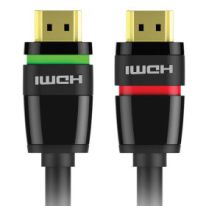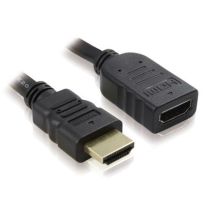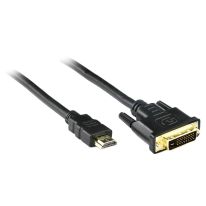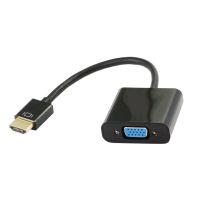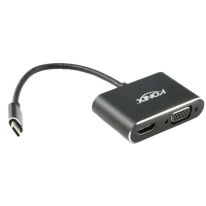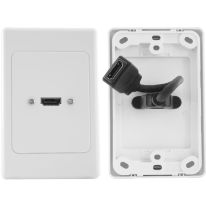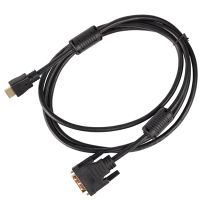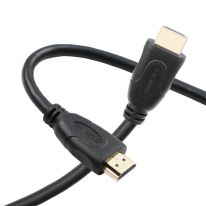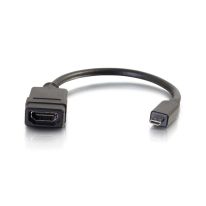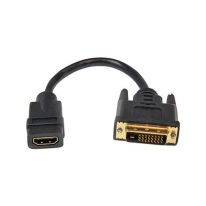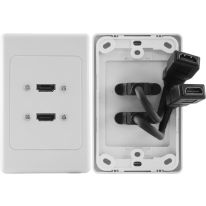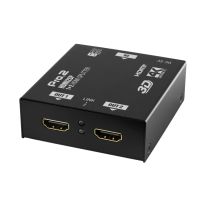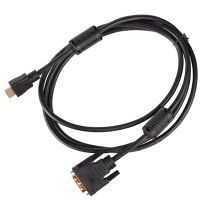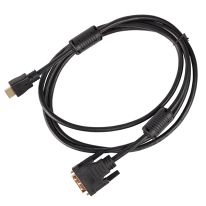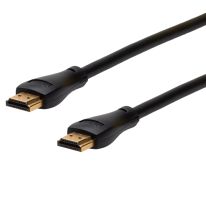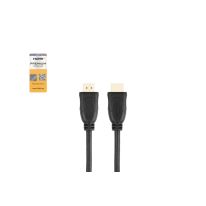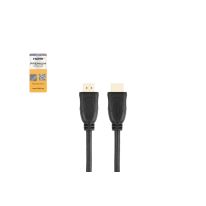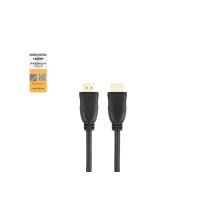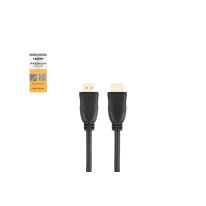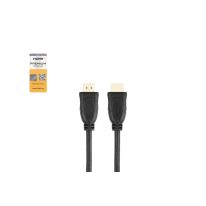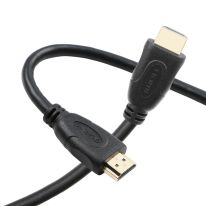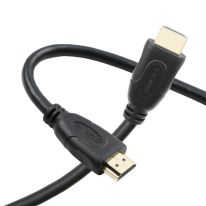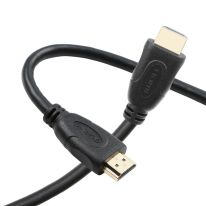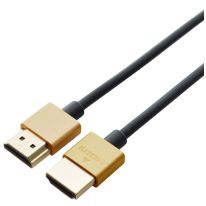-
SaleSKU: 022.008.0102 2M LOCKING HDMI 2.0 High Speed with Ethernet Channel | BlackSpecial Price $26.18 $23.80 Regular Price $37.40 $34.00
In stock
-
SKU: 022.008.0013 3m Premium High Speed HDMI® Extension cable M-F | Supports 4K@60Hz as specified in HDMI 2.0$21.07 $19.15
In stock
-
-
-
SaleSKU: 005.004.0203 USB 3.1 Type-C Male to VGA & HDMI® ConverterSpecial Price $59.82 $54.38 Regular Price $79.75 $72.50
In stock
-
-
SaleSKU: 022.002.0310 10m HDMI® Male to DVI-D Dual Link MaleSpecial Price $25.74 $23.40 Regular Price $36.77 $33.43
In stock
-
SKU: 022.009.4000 0.5m Ultra High Speed HDMI® Cable with Ethernet | Supports 8K@60Hz as specified in HDMI 2.1$17.16 $15.60
In stock
-
-
SaleSKU: 022.002.1002 DVI Male to HDMI® Female Adaptor - 15cmSpecial Price $9.20 $8.36 Regular Price $13.13 $11.94
In stock
-
-
-
SaleSKU: 022.002.0305 5m HDMI® Male to DVI-D Dual Link MaleSpecial Price $16.46 $14.96 Regular Price $23.51 $21.37
In stock
-
-
SKU: 022.009.2010 10m Premium High Speed HDMI® cable with Ethernet | Supports 4K@60Hz as specified in HDMI 2.0$51.48 $46.80
In stock
-
SKU: 022.009.2005 5m Premium Certified High Speed HDMI® Cable with Ethernet | Supports 4K@60Hz as specified in HDMI 2.0$22.88 $20.80
In stock
-
SKU: 022.009.2003 3m Premium Certified High Speed HDMI® Cable with Ethernet | Supports 4K@60Hz as specified in HDMI 2.0$17.49 $15.90
In stock
-
SKU: 022.009.2002 2m Premium Certified High Speed HDMI® Cable with Ethernet | Supports 4K@60Hz as specified in HDMI 2.0$15.35 $13.95
In stock
-
SKU: 022.009.2001 1m Premium Certified High Speed HDMI® Cable with Ethernet | Supports 4K@60Hz as specified in HDMI 2.0$12.58 $11.44
In stock
-
SKU: 022.009.2000 0.5m Premium Certified High Speed HDMI® Cable with Ethernet | Supports 4K@60Hz as specified in HDMI 2.0$11.44 $10.40
In stock
-
SKU: 022.009.4003 2m Ultra High Speed HDMI® Cable with Ethernet | Supports 8K@60Hz as specified in HDMI 2.1$22.88 $20.80
In stock
-
SKU: 022.009.4002 1.5m Ultra High Speed HDMI® Cable with Ethernet | Supports 8K@60Hz as specified in HDMI 2.1$21.74 $19.76
In stock
-
SKU: 022.009.4001 1m Ultra High Speed HDMI® Cable with Ethernet | Supports 8K@60Hz as specified in HDMI 2.1$19.45 $17.68
In stock
-
SKU: 022.007.0001 1M Ultra Slim Premium High Speed HDMI® cable with Ethernet Supports 4K@60Hz as specified in HDMI 2.0$28.49 $25.90
In stock
HDMI Cables
82 Results




